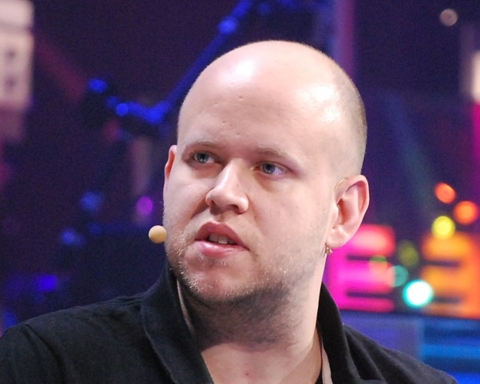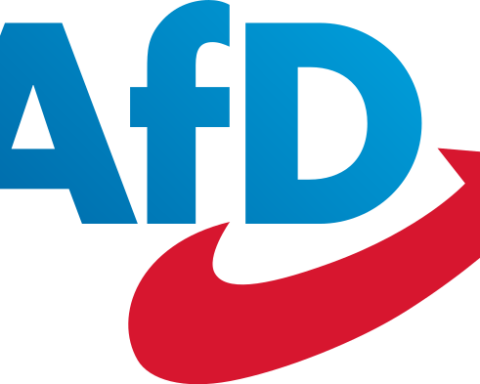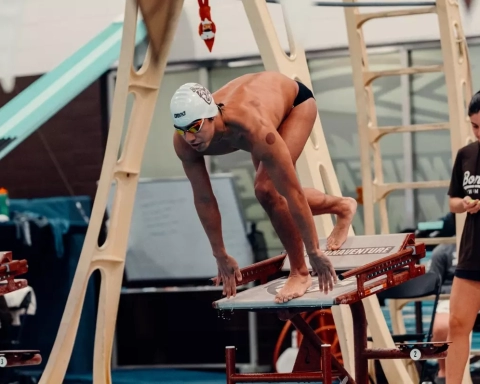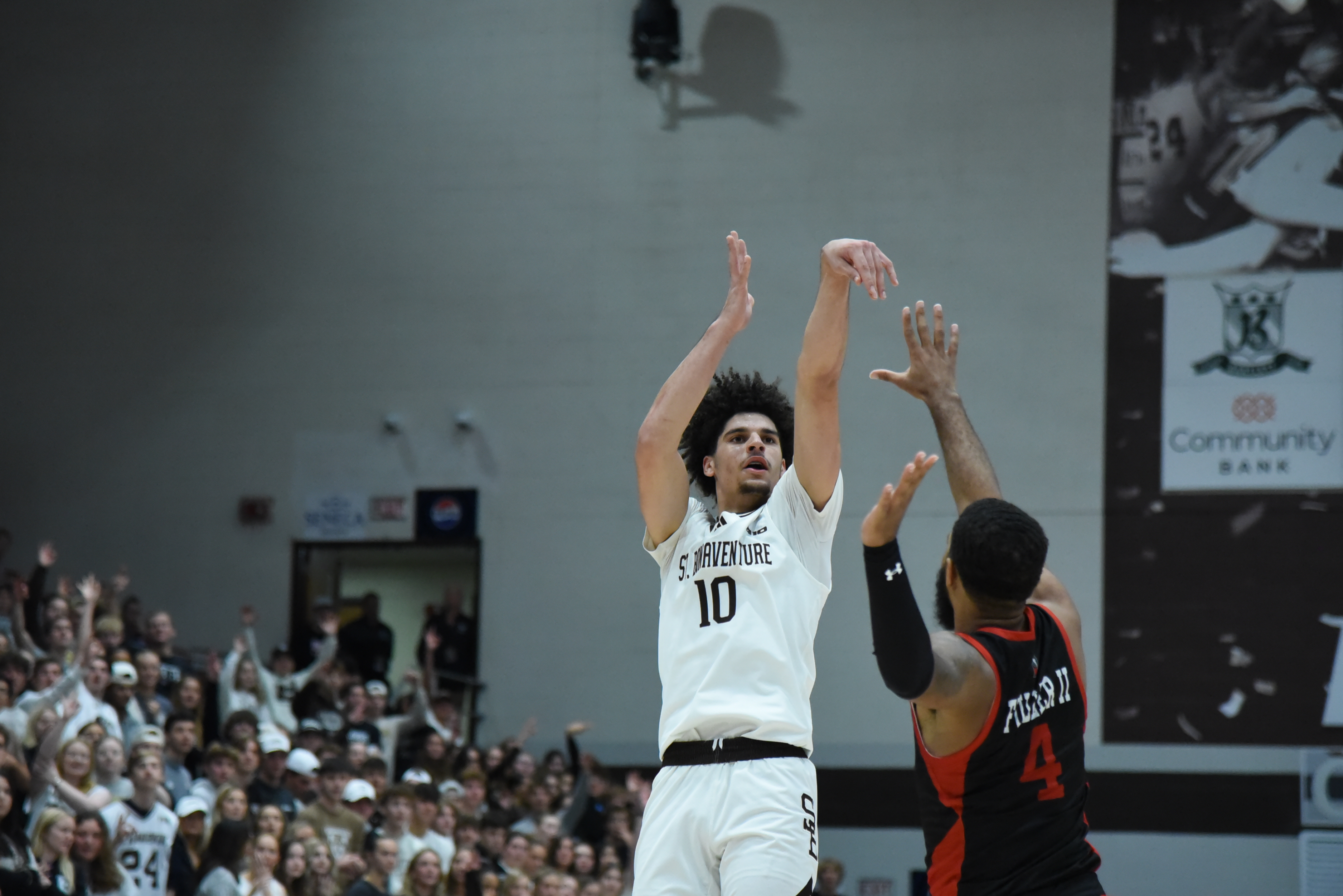Should collegiate athletes be paid? Panel members attempted to answer this question Tuesday as they took part in the Dick Joyce Sports Symposium.
The symposium, which took place in The Regina A. Quick Center for the Arts, examined the role student-athletes play in providing revenue for schools as well as educations that student athletes receive.
According to panelist Dr. Richard Southall, a professor of sport and entertainment management at the University of South Carolina-Columbia, the NCAA defines “pay” as impermissible benefits for students. Therefore, Southall said, student-athletes will never be paid, but they are already being compensated.
Citing examples such as the recent NCAA decision to provide students’ families with stipends to attend the Final Four, Southall argued that student-athletes do receive monetary benefits from their play.
Jim Marchiony, the University of Kansas’ associate athletics director for public affairs and a 1976 Bonaventure graduate, agreed with Southall, saying “The real question is: should [student-athletes] be getting more?”
As the discussion progressed, panelists considered changes in NCAA rules. Marchiony noted that athletes are already beginning to receive other forms of compensation that were previously banned. He said schools routinely pay for plane tickets to send students home for funerals. In addition, he said NCAA athletes can now receive unlimited amounts of food from their schools.
Rachel Axon, a reporter for USA TODAY and the recipient of the 2015 John Domino Award, agreed, saying that the public has shifted in its perception of student-athletes. Now when a student breaks a rule and receives compensation, the public often supports the student and realizes “He broke a rule, but he broke a stupid rule,” Axon said.
While discussing the meaning of the term “student-athlete,” several ideas were presented about the evolving nature of collegiate athletics and the ways the NCAA has handled athletes leaving college to play professionally.
According to Southall, the NCAA uses the phrase “graduation success rate” to make schools’ academic programs look more successful. Instead of measuring the number of students who graduate from a school, graduation success rates also take into account students who leave in good academic standing. In this way, athletes that leave early to play professionally do not hurt the graduation rate, making the programs look academically focused.
To counter this, Jenny Surane, the editor-in-chief of the University of North Carolina’s newspaper, The Daily TarHeel, argued that student-athletes are not actually students.
“Athletes should no longer be required to take classes,” Surane said. Surane argued that playing basketball is preparing athletes for jobs, just like classes prepare other students for jobs.
Student-athletes have no say in the creation of NCAA rules, something that Southall points to as one of the most important issues currently facing collegiate athletics. Southall said that athletes lack the power to negotiate with the NCAA, comparing their situation to “sitting at the kid’s table at Thanksgiving.”
As changes in NCAA ruling come about, however, Southall noted that NCAA athletics are in no danger of ending. “The sky won’t fall,” he said. “Let’s just have an open and honest conversation about things.”





